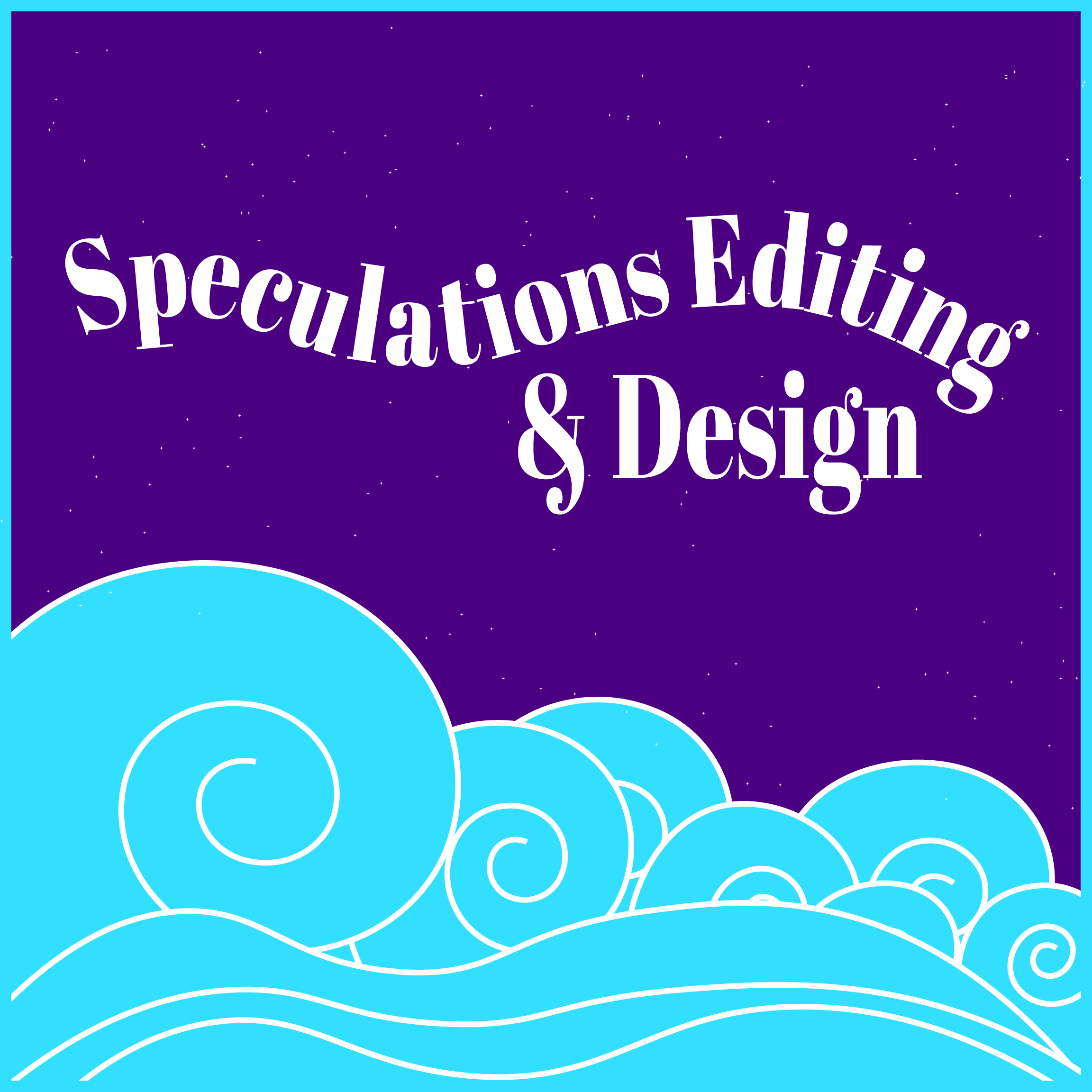Last updated on November 23, 2017
I recently listened to a podcast about beta readers on The Journeyman Writer at Storywonk. It got me thinking about the differences between beta readers and editors and why a lot of writers think that they don’t need an editor when they have beta readers.
Certainly, there will be writers that make use of neither before self-publishing. For traditional publishing, it is rare (or should be!) that a book will be published without at least being copyedited. There will also be some overlap between the services provided by beta readers and editors. However, here are some differences that stand out.
Differences between Beta Readers and Editors
- Cost: Beta readers generally provide their services for free or as a quid pro quo. As trained professionals, editors charge a fee, depending on the work and their experience.
- Perspective: A beta reader sees things from the perspective of a book consumer. This is an essential viewpoint to be sure. Consumers/readers are your audience! Editors, on the other hand, can also be consumers. However, they are also part of the production team. They are more likely to have a handle on what isn’t working, why it isn’t working, and/or why it won’t work for your particular audience. They can also provide some hand-holding through the publishing process. Most beta readers would be out of their depth when it comes to the ins and outs of publishing.
- Experience: A beta reader’s experience will vary widely. However, any good editor will have spent years working with words day in and day out. They have probably taken courses to update their existing skills and learn new ones. They go out of their way to keep up with the profession and current books and trends in their sector of the publishing industry.
- Professionalism: When you hand your manuscript off to a beta reader, you usually just have to sit back, wait, and hope that they get it back to you and that they do so within a reasonable amount of time (believe me, I know). Maybe you’ll start writing your next book while you wait. Then, they may or may not hit on the points where you need feedback. With a good editor, you will get a schedule and a systematic point-by-point review of your manuscript, depending on which kind of editing (developmental editing, substantive editing, or copyediting) that you choose.
Editor or beta reader? My advice? Once your manuscript is finished, start with a few beta readers. Then, polish up your manuscript on the basis of their feedback. Once that is done, seek out an editor. You will likely find that he or she has a lot to offer in bringing your manuscript up to a professional level. In this day and age of self-publishing, that edge is essential in giving your story the attention it deserves. If you are going the traditional publishing route, you can be sure that editors and agents will appreciate a well-developed, edited manuscript more than a rough first draft.



Be First to Comment